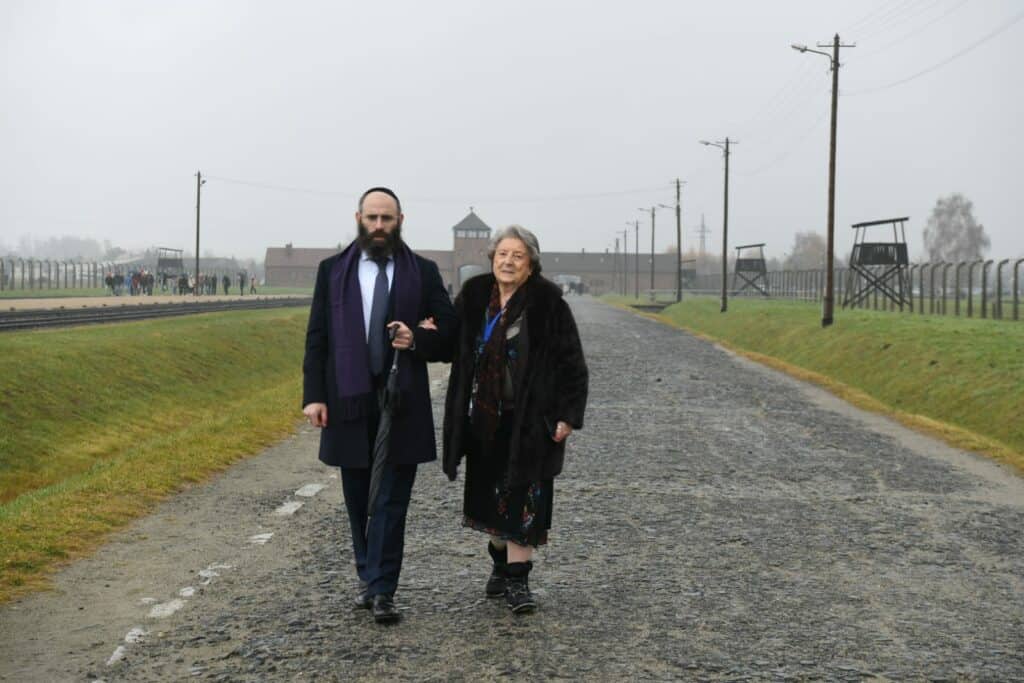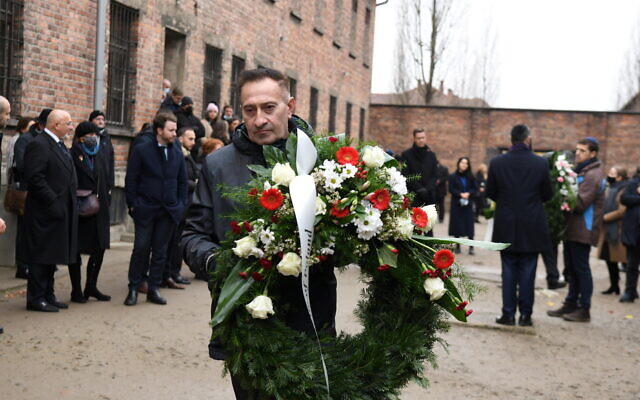EJA Chairman, Rabbi Menachem Margolin , wrote a letter today to the head of Global Policy at Airbnb on the issue of West Bank de-listing
Here you can read the latter that was sent:
Dear Mr Lehane,
Re: Air Bnb West Bank de-listing
One can currently rent many Air bnb properties in Gibraltar, Northern Cyprus, Western Sahara, Kashmir and even the Falkland island I’m told, should you be so inclined.
In a statement Monday, Airbnb announced 200 listings in the West Bank would be removed, after the company had concluded “they are at the core of the dispute between Israelis and Palestinians.
Your company said the decision to remove the listings came after “considerable time” was spent consulting experts on the Israeli-Palestinian conflict. Airbnb said that, as an industry leader, it “must consider the impact we have and act responsibly.”
Given that you still operate in many other countries whose territories are disputed, I feel I must ask what your position is towards the millions of disgruntled Spaniards, Western Saharans, Cypriots and the Argentinians? Do they not have an impact too on Air bnb? What about your responsibility to them?
I ask because as of this morning, as I type this, you can rent properties in all of these disputed territories places on Air bnb.
Dear Mr Lehane, I would ask you what marked Israel out for special treatment amongst all the places around the world where territory is disputed? As a ‘responsible’ company, it is incumbent to be consistent.
This consistency is clearly not in evidence here. It therefore strikes me that this decision is political. It is clear to everyone involved that the final status of the West Bank is to be subject of negotiations, just as other contentious places around the world.
What’s the difference between renting in Northern Cyprus, or Gibraltar and the West Bank? Looking at it in the cold light of day, clearly nothing. All of these places, as Gibraltar proved this week having waded in to the Brexit debate, pop up regularly on the radar, as arguments.
Any serious analysis of this decision shows it has nothing to do with a reasoned, impartial and balanced attempt at corporate social responsibility, as your company claims.
I believe this decision will damage the air bnb brand. Not only because it overlooks and ignores the millions of other air bnb users who would take issue with properties in other disputed territories, but because your own criteria for responsibility and impact are not uniformly applied, opening you to letters such this that accuse your company of partisan politics.
I would urge you Sir, as head of Global Policy to rescind this move forthwith.
Yours Faithfully,
Rabbi Menachem Margolin
Chairman


Your company said the decision to remove the listings came after “considerable time” was spent consulting experts on the Israeli-Palestinian conflict. Airbnb said that, as an industry leader, it “must consider the impact we have and act responsibly.”
Given that you still operate in many other countries whose territories are disputed, I feel I must ask what your position is towards the millions of disgruntled Spaniards, Western Saharans, Cypriots and the Argentinians? Do they not have an impact too on Air bnb? What about your responsibility to them?
I ask because as of this morning, as I type this, you can rent properties in all of these disputed territories places on Air bnb.
Dear Mr Lehane, I would ask you what marked Israel out for special treatment amongst all the places around the world where territory is disputed? As a ‘responsible’ company, it is incumbent to be consistent.
This consistency is clearly not in evidence here. It therefore strikes me that this decision is political. It is clear to everyone involved that the final status of the West Bank is to be subject of negotiations, just as other contentious places around the world.
What’s the difference between renting in Northern Cyprus, or Gibraltar and the West Bank? Looking at it in the cold light of day, clearly nothing. All of these places, as Gibraltar proved this week having waded in to the Brexit debate, pop up regularly on the radar, as arguments.
Any serious analysis of this decision shows it has nothing to do with a reasoned, impartial and balanced attempt at corporate social responsibility, as your company claims.
I believe this decision will damage the air bnb brand. Not only because it overlooks and ignores the millions of other air bnb users who would take issue with properties in other disputed territories, but because your own criteria for responsibility and impact are not uniformly applied, opening you to letters such this that accuse your company of partisan politics.
I would urge you Sir, as head of Global Policy to rescind this move forthwith.
Yours Faithfully,
Rabbi Menachem Margolin
Chairman
















